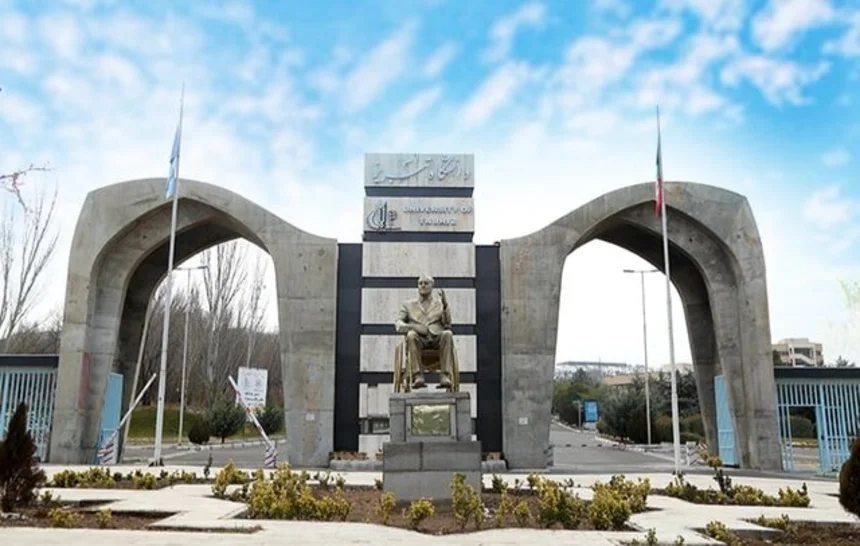Choosing to pursue MBBS in Egypt is a life-changing decision for thousands of Indian students who are unable to secure medical seats in India due to limited seat availability and high private college fees. Egypt provides a unique blend of affordability, academic excellence, and international exposure, making it a promising alternative to destinations such as Russia, Georgia, and Kazakhstan. One of the strongest features of Egypt’s medical education system is the depth of clinical training that students receive through well-equipped government hospitals and university medical centers that see thousands of patients every day. This combination of theory, practice, and real-world patient exposure helps students build strong medical confidence and enhances their practical decision-making skills. However, before reaching the stage of clinical training, students must go through a structured admission process, followed by a mandatory student visa application, which is essential for legal entry and academic enrollment in Egypt.
Understanding the Egyptian Student Visa Process for MBBS Students
The visa process for MBBS in Egypt is straightforward, but it must be followed carefully to avoid delays. Indian students begin the process immediately after receiving their official admission letter from the university. This admission letter is the core document needed for the student visa. Students must then prepare their passport, academic documents, NEET scorecard, photographs, and medical fitness certificates before scheduling an appointment at the Embassy of Egypt in New Delhi or the Egyptian Consulate in Mumbai. Unlike many European countries, Egypt does not require IELTS or TOEFL, which simplifies the paperwork for students.
At the Embassy, students submit their documents and undergo an initial file review. The visa is usually processed within two to four weeks, depending on embassy workload and verification timelines. Once the student visa is issued, it is typically valid for the first year of study. After landing in Egypt, students must visit the immigration office to convert this visa into a long-term residency permit, which is renewed annually during their MBBS course. This step is mandatory, and universities generally assist students in completing residency permit formalities, making the transition smooth and stress-free.
Accommodation Options for Indian Students in Egypt
Living arrangements are one of the most important aspects when moving to a new country. Egypt offers a variety of accommodation options that suit different needs and budgets. Most universities provide official hostel facilities located either on campus or within a short walking distance. These hostels are designed to accommodate international students with essential facilities such as furnished rooms, study spaces, laundry services, security staff, and sometimes even attached cafeterias. Hostel fees are quite affordable compared to other MBBS destinations, which is one reason why Indian students find Egypt financially manageable.
However, some students prefer private accommodation, either shared or individual apartments, especially in cities like Cairo, Mansoura, or Alexandria. Renting a private apartment gives greater freedom and personal space, and many Indian students share apartments with fellow students to reduce costs. Private accommodations may include modern amenities like air-conditioning, fast internet, and proximity to local restaurants and markets. The availability of Indian grocery stores and restaurants in major Egyptian cities also makes daily living easier, ensuring students can maintain their comfort and familiar eating habits. Additionally, Egypt’s public transportation system—including metro services, buses, taxis, and ride-sharing apps—makes daily travel affordable and convenient for students living off-campus.
Security is another aspect parents worry about. Fortunately, major Egyptian cities are generally safe for international students. University hostels have strict security systems, and residential neighborhoods around campuses are monitored, well-lit, and student-friendly. The presence of other international students from African, Middle Eastern, and Asian countries adds to the multicultural experience and allows students to make global connections during their medical journey.
Clinical Training and Practical Exposure in Egyptian Medical Universities
One of the strongest reasons for choosing MBBS in Egypt is its clinical training quality, which is often considered superior to many other MBBS-abroad destinations. Egyptian universities follow a scientifically structured curriculum that integrates clinical exposure from the early years. This ensures students don’t just focus on theory but actively develop practical skills essential for becoming competent doctors. During the clinical years, students spend long hours in university-affiliated hospitals, observing surgeries, assisting doctors, understanding patient management, and participating in diagnostic procedures.
Egyptian hospitals receive a very high patient load, which gives medical students the opportunity to observe diverse cases and medical conditions. From internal medicine and surgery to pediatrics, dermatology, gynecology, orthopedics, ENT, ophthalmology, and emergency medicine, students rotate through every major department. This exposure is crucial because it builds their confidence, sharpens their analytical skills, and prepares them for real medical practice. The teaching faculty in these hospitals consists of highly qualified professors, surgeons, and specialists who actively guide, mentor, and evaluate students during clinical postings.
For Indian students, this environment is particularly beneficial because the diseases and medical conditions seen in Egypt are similar to those seen in India, making it easier to clear exams like FMGE or NExT after returning home. Additionally, Egypt’s MBBS curriculum follows international standards, making graduates well-prepared for global licensing exams like USMLE (USA), PLAB (UK), and Gulf country exams. The strong clinical foundation gained in Egypt gives students an advantage when pursuing residency programs abroad.
Final Thoughts
Choosing Egypt for MBBS provides Indian students with an opportunity to receive world-class medical education at an affordable cost while gaining exposure to advanced clinical training in high-volume teaching hospitals. The visa process is simple, the accommodation options are comfortable and budget-friendly, and the clinical environment prepares students for successful medical careers globally. From structured academics to multicultural living environments, Egypt offers everything a medical aspirant needs to grow into a confident, skilled, and globally competent doctor.



